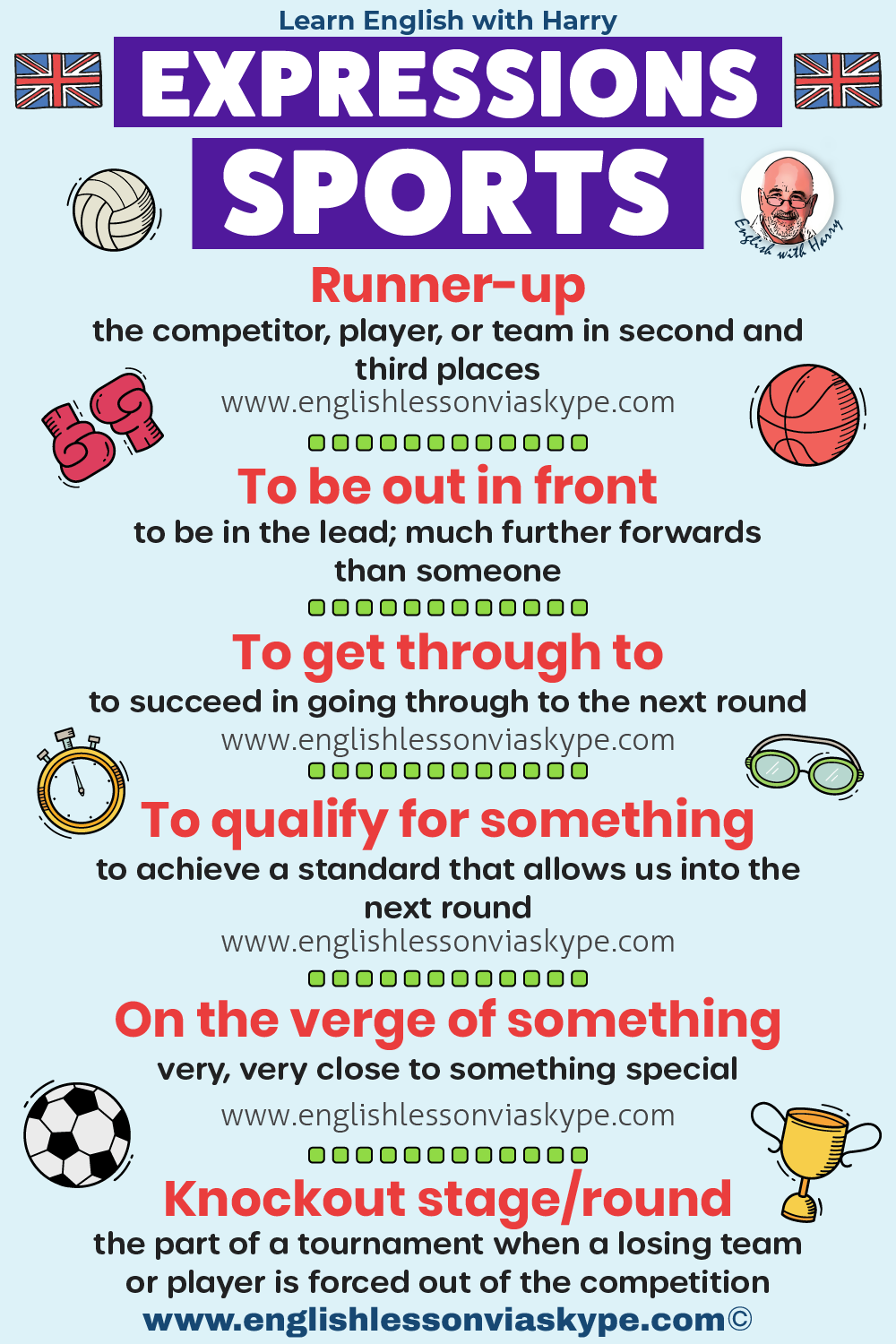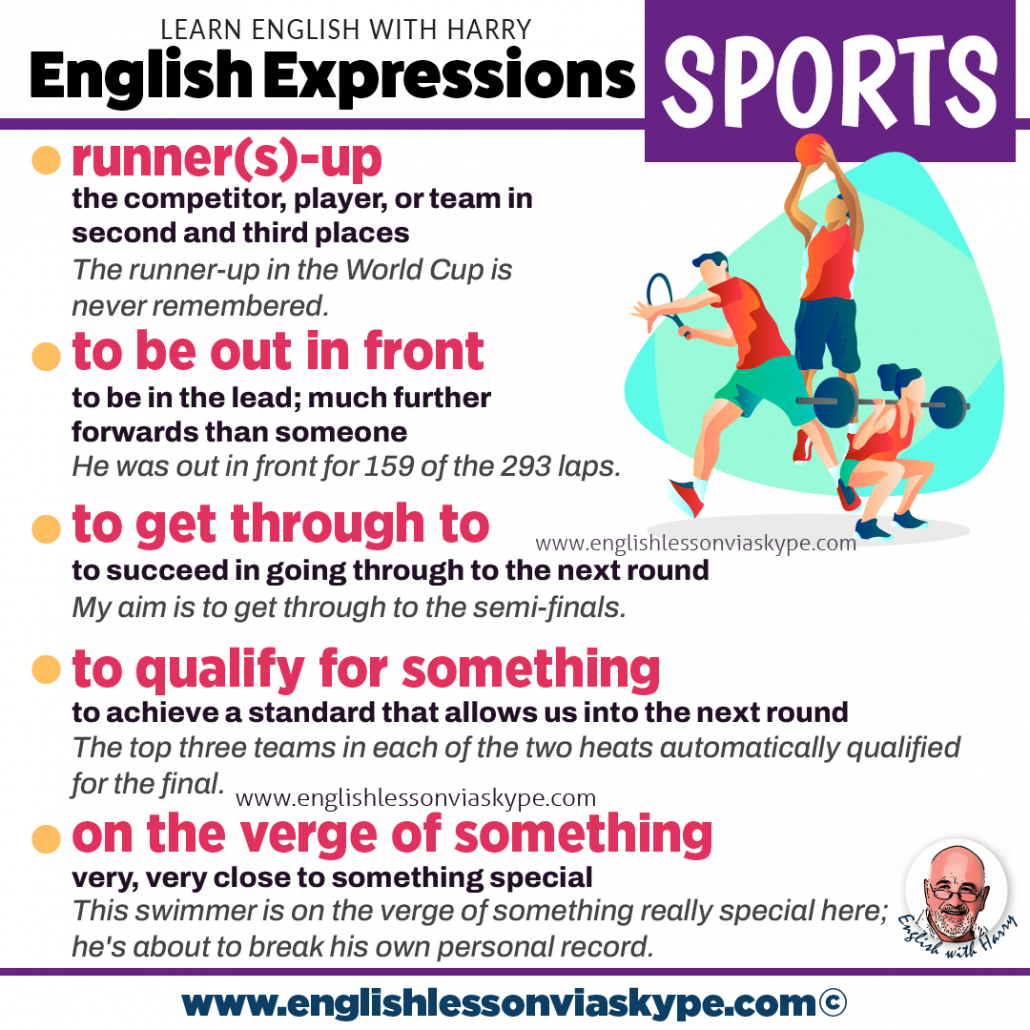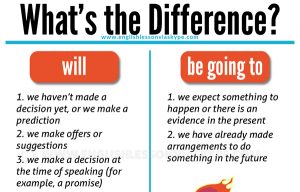Learn advanced English vocabulary about sports. Listen to Speak Better English with Harry podcast episode and read the transcript below.
Speak better English with Harry - Episode 309
Table of Contents
Harry
Speak better English with Harry - Transcript
Hi everybody, this is Harry here. Welcome back to my English learning podcast Speak Better English with Harry where I try to help you to get a better understanding and better use of the English language. Whether it’s for conversational English, or business English.
I help you with phrasal verbs, idiomatic expressions, grammar, pronunciation, everything connected with the English language. At the end of this particular podcast episode, I’ll give you my contact details. Of course, if there’s anybody out there that you think might welcome these or get the benefit of it, well, why don’t you pass on the details. They can contact me, or indeed, you can contact me later on.
advanced English vocabulary about sports

This is the time of the Olympic Games, and I love the Olympics. I like the competitive edge; I like to see people who have been training for years reach their pinnacle and get that wonderful medal, whether it’s bronze silver or the ultimate gold medal.
I am not so pushed on the competition for golf and tennis. I don’t even see how these are really Olympic sports. They are not the same as people striving week after week, month after month, year after year to get to those Olympics. However, that’s not my decision. But we enjoy the Olympics.
So what are we going to do in this podcast? We’re going to look at some English expressions that are connected with sport, and you can use them not just with sports. You can use them with many other parts of your life, business, etc. However, they do have a specific theme around sports.
I’m going to give them to you one at a time, and then I’ll go through them, and I’ll give you some examples. Okay, let’s get going with English vocabulary about sports. Here they go.
- to qualify for something
- runner or runners up
- out in front
- knockout or knockout stages
- eliminate somebody from something
- to come out on top
- to take the lead
- to get through to something
- a good or a bad run
- to let somebody down
- on the verge of something
- to give something away
Intermediate to Advanced English Marathon

INSANITY: doing the same thing over and over again and expecting different results.
Albert Einstein
- What you'll learn:
- better understanding of more complex grammar structures
- advanced English vocabulary words
- British & American slang
- perfect your listening skills through practing different accents
- This marathon is for you if you're:
- stuck at an intermediate English level
- tired of confusing explanations
- a mature student
- shy & introverted
So the first one is,
to qualify for something
Well, people have to qualify for the Olympics; they have to pass a qualifying time or a qualifying standard to get to the Olympics in the first place. So they either have to throw the shotput a certain distance, or they have to run the 100 metres, 400 metres – whatever that chosen event is – at a certain time. Once they achieve that time, they will qualify for the competition for the Olympics, and then it’s on a knockout basis.
When we qualify for something, we achieve a standard that allows us into the next round of competition.
So we can
- qualify for the finals
- qualify for the knockout stages
- qualify for the playoffs
Lots of different ways in which we can use it to qualify for something.
a runner-up/runners-up
Depending on how many there are usually in a race and most competitions, there’s one winner, and then everybody else is a runner up.
The runners-up from the point of view of prizes are usually those in second and third place. So the winner gets the gold and the runners-up get silver and bronze and some competitions.
When they get to the semi-final stages as in boxing, there are usually two winners of the bronze medal because they are the losing semi-finalists. So these would be regarded also as the runners-up.
So the worst position, of course, to finish, in any event, is fourth because you get nothing. You don’t even have the memory. You get gold for winning silver for second place a runner up and bronze as the second runner-up or third place. But fourth, you might as well be 10th. Personal satisfaction, of course, but nothing else. Runners-up.
We were the runners-up in the Cup competition last year.
The runner-up in the World Cup is never remembered. (which is quite true)
Most people can tell you who won the Football World Cup, but they struggle to tell you who were the runners up. So a second place is good for this silver medal. But unfortunately, in terms of memory, it doesn’t last so long.
English vocabulary about sports
Next
to be out in front
To be out in front means to be in the lead; it depends on how long you’re going to be there.
The person who gets off first sets the early pace, they take the lead, and they are out in front.
They try perhaps to stay there, but it’s not so easy. So some people like to come from behind, which means to come from the pack of the other runners and make a late burst, late surge to get out in front. On the last band – if it’s on in the athletic stadium when you’re out in front – you’re in first place for that period of time.
And, of course, if you stay there, you will win ultimately, but you may be caught by the chasing pack, which are the people coming behind you. So to be out in front.
Next
knockout stages/to be knocked out
Well, if you’re knocked out, it means you’re out of the competition. You can be literally knocked out in the boxing, unfortunately, in which case you need medical attention. But if there are knockout rounds like you’re the last 32, the last 60 in the last eight, etc. Then if you lose, you’re knocked out, and you can’t take part in any further rounds of that competition.
The knockout stages are those final stages.
Sometimes there are group events, for example, in hockey and football in the Olympic Games. They play in small groups of four teams, and one team on top will qualify for the next stage of knockout stages.
Or perhaps two will qualify for the knockout stages, and the others are eliminated, or they are knocked out.
So to be knocked out means that’s it, the end of your competition.
Or to make it to the knockout stages means you get to the next rounds, where you will have to win all of the future rounds.
So if you get to the last 32, you have to win. Then you go into the last 16 and if you win, you get into the last eight. And if you win, you get into the last four then to the final, okay. So these are what we call the knockout stages.
book your trial English Lesson
to eliminate somebody from something
So if I am in the boxing competition, last 30 to have a win either on a points decision or a unanimous decision by the judges, well, then I eliminate my opponent from future boxing rounds, okay.
Or if I lose, then I am eliminated. Okay, depending on how you use the verb ‘to eliminate somebody’, your opponent or you are eliminated by somebody.
It’s for all of the sports: football, boxing, hockey, even in the sailing they race, I think, for 10 races in the sailing. Then based on the top 10 teams to go forward to the knockout stages again, the winner takes all.
to come out on top
Well, if you are in many different races, and you finally get to the last round of the event, and then you when you will come out on top. So after many attempts, after many close victories or just scraping through, you managed to come out on top; you are the winner.
So if you’re fighting in Taekwondo and you’ve gone through two or three rounds, you have to really be on top of your game; you really have to be fit and alert.
So you win the first round, you get through to the second round, you win the second round, you get into the final stages.
Then when you get to that final, you’re hoping to come out on top means to be the best to get that extra little something little burst of energy that will enable you to make that move, that will put your opponent on the ground, and you get the winning points.
And you have victory in your sights to come out on top.
advanced English vocabulary about sports

Share and help other students to improve English language skills.
to take the lead
Well, earlier on we mentioned ‘to be out in front.’ Well, when somebody is out in front, they’re trying to set the pace trying to keep the closing pack from catching up. But the closing pack usually work together, and then one person takes up the running, somebody drops in behind him, and so they are eating away at the lead of the front runner. So when the opportunity comes, somebody will come out of the pack with a burst of speed, take the lead and hopefully run for the line.
So when they take that lead on the final band or two bands from home, so perhaps 300 metres to the finishing line. They’re hoping to have enough in store, enough energy in reserve to hold off the rest of the competition, take the lead and break through the finish line and win the race.
When we use the expression
to get through to something
it means to get through to the next round.
So my aim is to get through to the semi-finals.
If I get through to the semi-finals, I’m guaranteed a bronze medal.
The hope of the coaches for the team is to get through to the knockout stages from the group stages. So they play a few games. They win a couple; they draw a couple. They may be able to afford to lose one, but they will eventually get through. And when they get through, they have a chance to play for the real medals for the key positions of bronze, silver, and gold. So they want to get through the objective of all of the athletes, all of those participating in their individual sports is to get through to the part of the game that counts when it gets down to the real trouble spots where they have to then rely on their strength and their skills and all of the training that they’ve had for the last number of years to push themselves a little bit to make it to the podium, okay, and when they get to the podium, then that means they’ve got a medal in the podium is usually a space for first gold, second silver, and the third bronze. So the all-important objective is to make it to the podium, and hopefully, you’re going to get the best or the second or if not, then the bronze medal.
advanced English vocabulary about sports
a good/bad run
In the games, of course, everything depends on how you feel on the day, some runners feel really, really good. And they’re reaching the pinnacle, reaching the peak just in time. Others, for whatever reason, have nerves or whatever – slight little injury, a little niggle or a little stress or strain on a muscle – they have either a good run or a bad run.
So a ‘good run’ will mean that they keep their energy, and they know that they have to run a certain time to get through to the next round. So they don’t use all their energy; they just do enough to qualify. And that will be considered as a good run.
But those who struggle to keep up with the pace cannot make it as they thought. They cannot match the times that they’ve run previously. They will consider it to be a bad run. They will hope they will get a better chance, perhaps, in the next round.
So a ‘good run’ means you do enough to qualify.
A ‘bad run’ means you’re going to struggle; you’re hoping for some miracles to get you a place in the semi-finals, or the next round, or the final of the particular race or event.
And of course, those who don’t quite make it, who don’t quite get to a final, or who don’t even qualify them the group, well, then they will always feel that they have.
advanced English vocabulary about sports
to let somebody down
So this is an expression we use when we feel, first of all, very disappointed in ourselves. And then secondly, for our family or our coaches, or even our country who are supporting us and waiting for us to win that medal. And, of course, many of the athletes, when they are interviewed, later on, have regret that they have let their friends down, let the family down, let themselves down, let the country down. So there’s a lot of despair.
So for every race, there is one gold winner, then silver and bronze runners up. But there are many, many others who are in despair because they haven’t quite achieved what they want to do.
Next
on the verge of something
When you’re on the verge of something, you’re very, very close to something special.
So we could say,
He’s on the verge of greatness.
So somebody who has won Olympic medals at the last three Olympic Games. And here he is at his prime in his fourth Olympics. And the commentator may say,
This swimmer is on the verge of something really special here; he’s about to break his own personal record.
And if he wins this race and perhaps one of the medals, it will be one of the all-time great achievements.
So on the verge of something. On the verge or close to doing something really, really special. Or he could be just simply on the verge of qualifying for his race is sufficient. And unless somebody comes in with some spectacular time, it’s likely that he will get through so simply on the verge of qualifying.
Of course, he could also be in the negative.
He could be on the verge of elimination because his time just wasn’t quick enough.
And there are three or four other people to go after him. And unless they all have a disaster, which is unlikely, then the chances are, he’s going to go home. So he’s on the verge of an early exit on the verge of elimination.
advanced English vocabulary about sports
And then finally,
to give something away
When we try not to give anything away in terms of tactics, we try not to give anything away when we are, particularly in a race; we want to hold our position holder inside line to prevent anybody coming on the inside. So they have to go around us, which means it’s going to take them a little bit more time and hopefully a little bit more energy. So we don’t like to give something away.
When you’re watching, particularly, let’s say the rowers. They are striving to achieve the finishing line; they are always watching to see where the other boat is. They want to make sure that they don’t give away any particular advantage. They constantly keep their stroke in the water as accurate as they can. Or they count every stroke, and they know what they can achieve, and they know what they have to achieve.
So when you give something away, you give a little bit of ground. So you give your opponent just a little glimpse of the front, and he will take it, and then you’ll find it much more difficult to overtake him a second time. So, if you give him some ground, then he will take it. And you might struggle so to give something away.
Okay, so here is advanced English vocabulary about sports. Let me just run through these expressions one more time:
- to qualify for something
- runner or runners up
- out in front
- knocked out or the knockout stages
- to eliminate somebody from something or to be eliminated
- to come out on top
- to take the lead
- to get through to something
- to have a good or a bad run
- to let somebody down
- to be on the verge of something
- to give something away
Okay, as I said, this was English vocabulary about sports at this time of the Olympics. I hope you continue to enjoy the Olympics and your team and your country do well. And the athletes, remember, have given up a lot in that four years to get to where they are.
So if you want to contact me, you can do so on www.englishlessonviaskype.com
Always happy to help you out. Always happy to hear from you. As always, thanks for listening.
Join me again soon.
More information
For more information on English grammar rules, English collocations and English idioms, check out the links below:
12 English idioms related to TIME
Phrasal verbs about RELATIONSHIPS
You can always study English advanced level at Learning English with the BBC.
You will love these English lessons

English Expressions with the Word Rock
My word this week is ROCK. In its simplest form it represents strength and dependability. We always associate the word


5 Types of Questions in English
In this lecture, we focus on 5 types of questions in English. When we are learning the English language, it


Will or Be going to? – Talking about the Future
Will or Be going to? How to use these grammar structures correctly in English? Here you will find a few